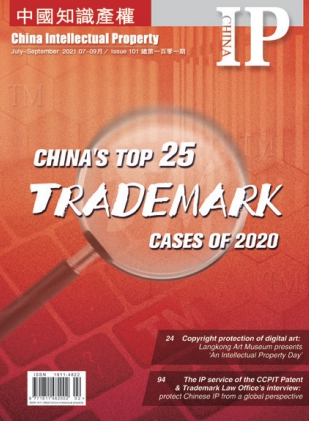
Docket No.: 394, second instance (终), civil case (民) , (2020) the Supreme People’s Court of the PRC (最高法)
Lower Court Docket No.: 166, first instance (初), civil case (民), (2018) the High People's Court of Beijing Municipality (京)
SUMMARY OF THE ARGUMENT
The fundamental difference between trademark assignment and trademark licensing lies in whether the ownership of the registered trademark is changed. In terms of trademark licensing, the licensee’s use and promotion of a trademark or the maintenance of the reputation of the licensed trademark is not the factual basis for the licensee’s derivative acquisition of the said trademark, nor is it a means of acquisition of the ownership of the said trademark provided by any existing law.
STATEMENT OF THE CASE AND FACTS
RED BULL VITAMIN DRINK CO., LTD.,
Plaintiff-Appellant
v.
T.C. PHARMACEUTICAL INDUSTRIES CO., LTD.,
Defendant-Appellee
Thai drink maker T.C. Pharmaceutical Industries Co., Ltd. (“TCP”) set up a joint venture (JV), Red Bull Vitamin Drink Co., Ltd. (“RBVC”), in China with Chinese investment company Reignwood Group. TCP provided the formula, trademarks, production processes, and continuous improvement tools and techniques for the energy drink Red Bull manufactured by the JV. It’s clarified that the trademarks used for the drink were the property of TCP. Due diligence was exercised to determine that TCP retained the ownership of 17 Red Bull trademarks before a trademark licensing agreement was entered into by TCP and RBVC and RBVC paid the license fee. Since then, RBVC had invested heavily in the marketing and advertising of the Red Bull drink. RBVC and TCP claimed the exclusive ownership of the Red Bull trademarks respectively and filed lawsuits against each other. Later, RBVC filed a lawsuit with the High People's Court of Beijing Municipality to affirm its ownership of the Red Bull trademarks, requesting a refund of 3.753 billion CNY (0.581 billion USD) from TCP for its advertising expenses.
The court of first instance rejected all the claims of RBVC. RBVC was not satisfied with the decision and appealed it to the Supreme People's Court of the PRC.
The court of second instance held that original acquisition and derivative acquisition are two different methods of acquiring trademark ownership. To achieve a derivative acquisition, the previous and new owners must enter into an agreement on the transfer of ownership, term of use, nature of use, etc. And their genuine intentions and the actual performance of the agreement shall factor in the process as well. In terms of trademark licensing, the licensee’s use and promotion of a trademark or the maintenance of the reputation of the licensed trademark is not the factual basis for the licensee’s derivative acquisition of the said trademark. The court of second instance rejected the appeal and upheld the original ruling.
ANALYSIS
Of a series of lawsuits filed against each other, this case concerns the core interests of the two parties involved. The decision clarifies the distinction between trademark assignment and trademark licensing. The reasoning the court has exerted on this case will be exemplary for similar cases. It signals strongly that equal treatment of foreign and domestic businesses is being provided in China. It is a solid development in optimizing the legal services for a favorable commercial environment.
|
Copyright © 2003-2018 China Intellectual Property Magazine,All rights Reserved . www.chinaipmagazine.com 京ICP备09051062号 |
|
|



